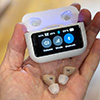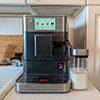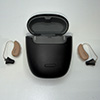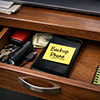If you’ve bought a smoke alarm from Amazon recently, you may want to double-check that it actually meets U.S. safety standards. The Wirecutter recently uncovered that several of the best-selling smoke alarms on Amazon lack the required UL or ETL certification, meaning there’s no independent verification that they’ll alert you in time if a fire breaks out.
This isn’t a minor oversight. Under most U.S. fire codes, smoke alarms are supposed to be certified to meet the UL 217 standard, which ensures they detect both fast-flaming and smoldering fires, sound a loud enough alert, and minimize false alarms. Yet The Wirecutter found that five of Amazon’s top 10 best-selling smoke alarms in September 2025 had no recognized safety certification at all. Brands like Aegislink, Ecoey, LSHome, and X-Sense were among those listed.
Amazon removed some of the uncertified models after being contacted by The Wirecutter, but many remain for sale. Some even appear as sponsored listings at the top of search results for “smoke alarm.” That’s troubling, especially considering Amazon told The Wirecutter that it “requires all fire alarms listed in the store to comply with UL 217.”
With giant online retailers like Amazon that rely heavily on third-party merchants, it’s especially important to verify that the products you buy meet basic safety criteria. Anyone can list an alarm that looks legitimate, but if it doesn’t have a UL or ETL mark, there’s no guarantee it’s been tested for reliability.
Read more: Why This New Air Purifier Belongs Next to Your Couch, Not Hidden Away
Take a minute today to pull down your smoke detectors and look for the UL or ETL label, usually printed on the back of the unit. While you’re at it, check the expiration date. Smoke detector sensors degrade over time and typically need replacing every 10 years.
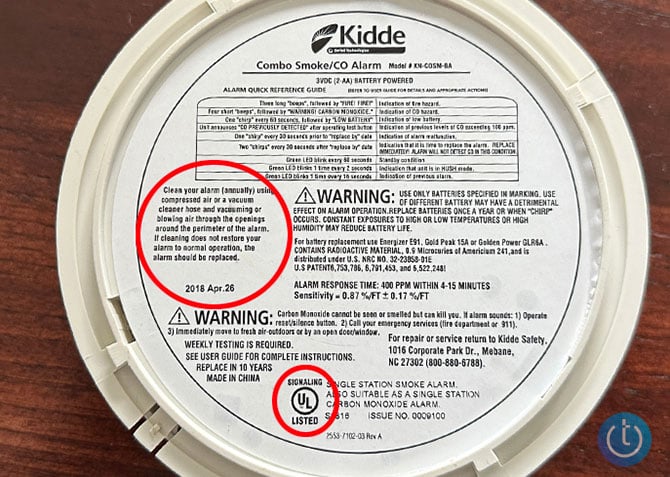
The back of my Kidde smoke detector shows that it's UL certified but has long passed its expiration date.
If you’re buying a new alarm, you can verify certification by searching for the model number in the UL Product iQ or Intertek ETL databases (note that these directories can be difficult to use). I recommend buying a model that meets UL 217, 9th Edition (or later) because these alarms are far less prone to false alarms from cooking and better at detecting modern synthetic materials like polyurethane foam, which burn faster and release more toxic smoke.
I have my eye on the First Alert SMCO410 ($55), a combination smoke and CO detector that would integrate with my Alexa devices and send me alerts when I'm away from home. For something more affordable, Wirecutter recommends the First Alert SM500V ($45.99), which is ETL-certified to meet the latest standards and includes voice alerts and wireless interconnection for added safety.
Read more: Coway Airmega 50 Brings Powerful Purification to Small Spaces
You can absolutely buy a trustworthy smoke alarm online, but you need to know what to look for. UL or ETL certification isn’t just a sticker; it’s proof that your alarm has passed rigorous safety tests designed to save lives. Without it, you’re taking a gamble with one of the most essential pieces of home safety equipment you own.
[Image credit: Suzanne Kantra/Techlicious]

